Nature reports
Category: Climate
Page 10 of 12 - 113 Results
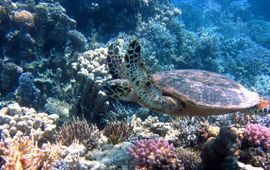
The Intergovernmental Platform on Biodiversity and Ecosystem Services (IPBES) launched a landmark Global Assessment Report providing persuasive evidence on the rapid deterioration of nature and its contributions to people across..
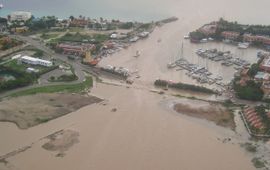
Wageningen University recently published an alarming report on the threatened natural resources on Bonaire, Saba and St. Eustatius. The Dutch Caribbean Nature Alliance (DCNA), together with local park organizations, urge the local..
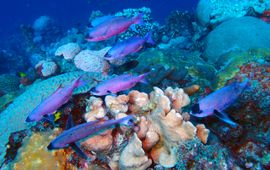
The Dutch Caribbean islands are home to the most extraordinary ecosystems within the Kingdom of the Netherlands: from pristine coral reefs to elfin cloud forest; the spectacular natural world of these islands includes species..
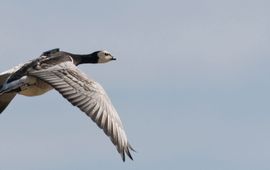
As Arctic temperatures continue to rise, barnacle geese are increasingly at risk of arriving in their breeding areas too late. The good news is that they can speed up their 3,000 kilometre migration to the Arctic, by making fewer..
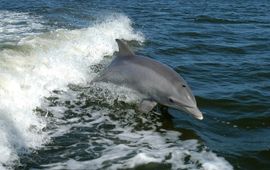
A large group of common bottlenose dolphins have been spotted in Canadian Pacific waters. It is the first confirmed occurrence of the species in this area. ..
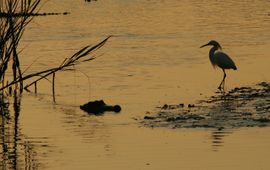
New research that analyzed more than 270 million years of data on animals shows that mammals and birds – both warm-blooded animals – may have a better chance of evolving and adapting to the Earth’s rapidly changing climate than..
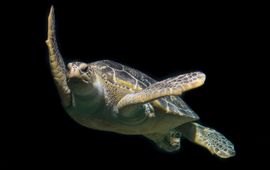
Scientists have used a new research approach to show that warming temperatures are turning one of the world's largest sea turtle colonies almost entirely female, running the risk that the colony cannot sustain itself in coming..
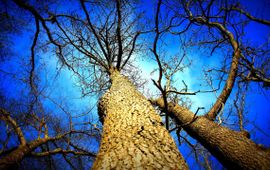
The Wildlife Conservation Society (WCS), WWF, and BirdLife International today launched the Trillion Trees programme, a 25-year initiative to help implement and scale global forest commitments and spur greater ambitions towards..
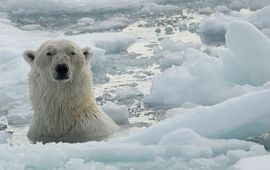
Climate change discussions on social media are very influential. A new study in BioScience shows that when it comes to iconic topics such as polar bears and retreating sea ice, climate blogs fall into two distinct camps. With..
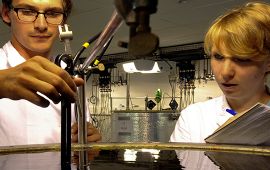
Due to climate change, including rising temperatures, more and more methane is bubbling up from lakes, ponds, rivers and wetlands throughout the world. The release of methane – a potent greenhouse gas – leads to a further increase..
